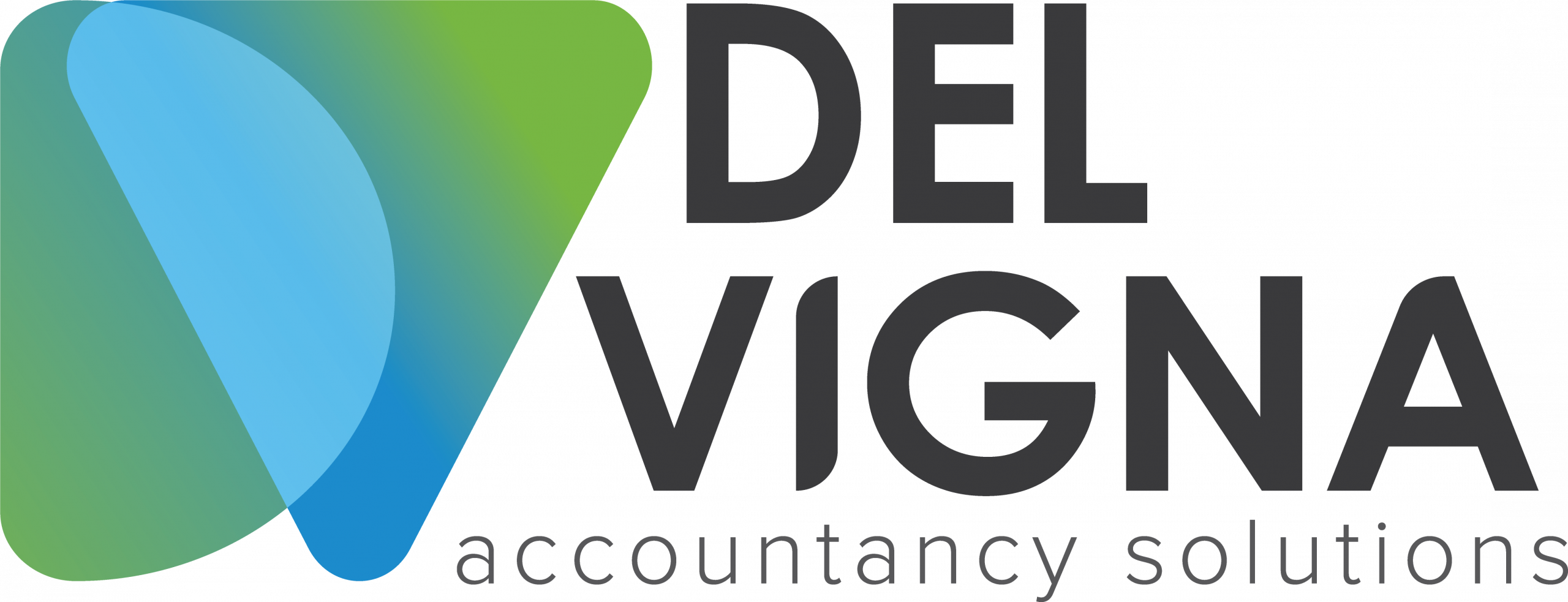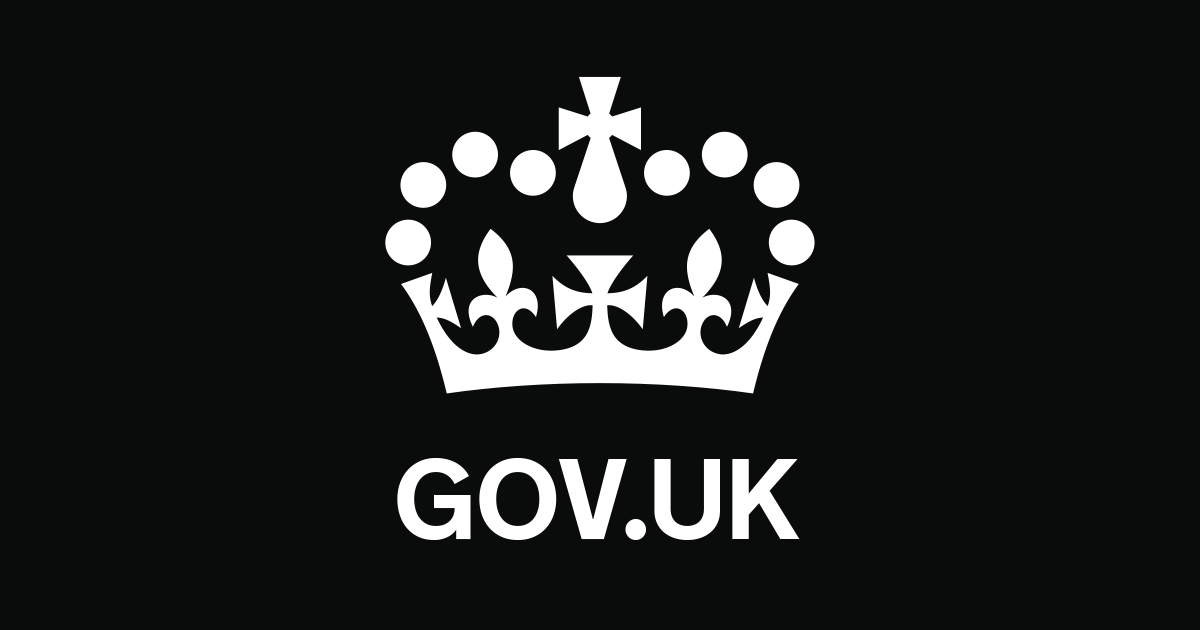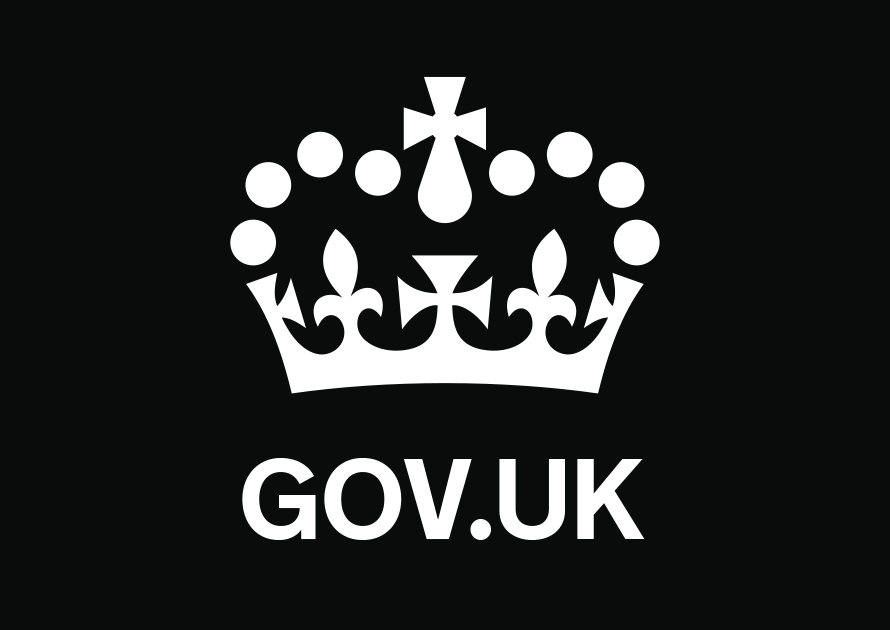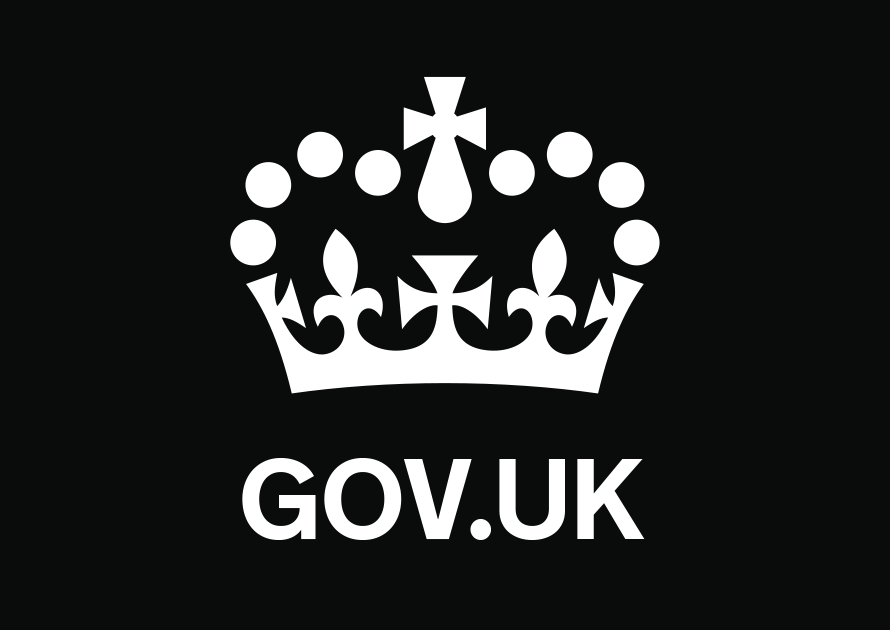Sometimes HMRC uses more than one way to get in touch. For example, we may contact you by letter first before following up with an email, call or text message. This is because:
- it can provide an extra level of security
- it can help prepare customers for the follow up contact
- these are the contact details HMRC has for you
All the HMRC contacts listed on this page can use more than one communication method. They are in alphabetical order.
Effects of the super-deduction
From 17 January 2022 up to and including 11 April 2022, we will contact you by email or letter.
HMRC will work with the independent agency Ipsos MORI to carry out research. This research will explore the effects of the super-deduction and help to inform future policy.
You may receive an email or letter from Ipsos MORI and HMRC to tell you about the research and invite you to take part.
Taking part is voluntary and if you do take part, all responses will be confidential. Any information given will be used for research purposes only.
If you need further information, contact details for both Ipsos MORI and HMRC will be on the letter or email.
HMRC text numbers
HMRC is using a new number to send text messages to customers. This may be different to one you have received a text from in the past.
HMRC will not ask for any personal or financial details in a text message.
Large business customer experience survey 2021
From 10 September 2021 up to and including 10 January 2022, we will contact you by letter or phone.
HMRC will be working with the independent research agency IFF Research Ltd. On behalf of HMRC, IFF will explore:
- wider influences on attitudes and decision-making in relation to tax
- large business customers’ interaction with HMRC
This annual survey helps HMRC increase its understanding of large business customers’ priorities and experiences of interacting with HMRC.
This information allows HMRC to assess how services could be developed and improved.
You may receive a letter or phone call from IFF and HMRC to tell you about the research and invite you to take part.
Taking part is voluntary. If you do take part, your answers will be confidential. Any information you provide will be used for research purposes only.
If you need any further information, contact details for both IFF and HMRC will be included in the letter.
Logging into your HMRC tax account with multi-factor authentication
We will contact you by text message or automated voice call.
Multi-factor authentication is an extra security feature for customers which replaces 2-step verification. It helps prevent someone else from accessing a customer’s digital account, even if they know the user ID and password. HMRC will send an access code by text message or voice call to your chosen mobile phone or landline number to activate the multi-factor authorisation. You will need this code to complete the access.
These text messages and voice calls will never ask you to give personal or financial information.
If you have activated multi-factor authentication you’ll only be able to access the account using the:
- Government Gateway user ID and password
- mobile or landline device which you have registered
National Minimum Wage and employment
We will contact you by letter, phone or email.
HMRC may sometimes contact employees to discuss details of their current or previous employment.
If we call you, we’ll:
- tell you our enquiry is about the National Minimum Wage or National Living Wage
- ask you basic questions about your current work or previous employment experiences
- complete some standard security questions
We’ll never ask for personal financial information such as bank details without writing to you first.
You can ask us not to tell your current or previous employer about the call.
HMRC will also contact employers in relation to National Minimum Wage or National Living Wage enquiries.
To check that this contact is genuine you should:
- have a copy of the letter or email you’ve received from National Minimum Wage to hand
- tell us the details of the person who called you from National Minimum Wage
- call 03000 557 755 (find out about call charges)
If you have received a letter, email, text or phone call from another HMRC office you can call the Income Tax general enquiry helpline to check this contact is genuine.
National Minimum Wage common errors
We will contact you by email or letter.
HMRC may contact employers or third parties to share information on common errors with the National Minimum Wage and National Living Wage. The email will provide links to further information and support.
HMRC may contact employees by letter to provide information on common errors to look out for in their pay.
The letter will explain how to make a National Minimum Wage complaint and contain links to further information and support.
To check this contact is genuine you should:
- have a copy of the letter or email you’ve received about National Minimum Wage to hand
- telephone 03000 557 755 (find out about call charges)
Overseas businesses that sell digital services to UK consumers
We will contact you by email and letter.
HMRC is contacting overseas businesses who sell digital services to UK consumers about their UK VAT obligations by email and letter.
This communication will explain why we are contacting them, and ask them to contact us. We will not ask for any personal, business or financial information.
Payment of Class 2 National Insurance Contributions through Self Assessment
From November 2021 up to and including February 2022, we will contact you by letter, phone call or both.
HMRC is working with independent research agency Ipsos MORI to carry out research.
The research aims to understand how self-employed individuals and agents experienced the payment mechanism change for Class 2 National Insurance Contributions. This changed from direct debit or bi-annual billing to Self Assessment.
You may receive a letter, phone call or both to invite you to take part.
Taking part is voluntary and all responses will be confidential. Any information you give will be used for research purposes only.
From 15 February up to and including 31 March 2022, we will contact you by letter or phone call.
HMRC will work with independent agencies to carry out interviews as part of research. The interviews will inform a survey and will:
- look into the impact of full controls on customs intermediaries
- help HMRC support customs intermediaries and make sure trade runs smoothly
You may receive a letter or phone call from Ipsos MORI inviting you to take part in one of these interviews.
Taking part is voluntary. If you do take part, your answers will be confidential. Any information you give will be anonymous and used for research purposes only.
Research on agent experiences of HMRC’s digital services
From 6 October 2021 up to and including 31 January 2022, we will contact you by letter or email.
HMRC has commissioned an independent research agency, Kantar, to undertake qualitative research to understand tax agents’ experiences of HMRC’s digital services.
You may receive a letter or email from HMRC inviting you to take part in the research. You may then receive a call from Kantar to arrange an interview. We encourage you to participate to help improve our digital services.
Taking part in this research is voluntary. If you choose to take part, all of your answers will be confidential and will be used for research purposes only. Participating in this research will not affect any of your dealings with HMRC.
Single Trade Window research
From 11 January 2022 up to and including 11 March 2022 we will contact you by letter, email or phone.
HMRC is working with independent research agency Kantar Public to carry out research on the Single Trade Window. We may contact you if you’ve recently:
- taken part in the HMRC Trader Survey
- given permission to be contacted for other HMRC research on trade
The Single Trade Window aims to simplify importing and exporting goods for businesses. It provides a single entry point for data required for goods movements.
The research will explore what factors would influence traders’ usage of the Single Trade Window, including:
- features of the Single Trade Window
- available government support
- considerations around data sharing
You may receive a letter, email or phone call from Kantar to:
- tell you about the research
- invite you to take part in an interview
Taking part is voluntary. If you do take part your answers and any information given will:
- be confidential
- only be used for research purposes
- help improve the development of the Single Trade Window
If you need further information, you can find contact details for Kantar Public and HMRC in the letter and email.
Statutory notices requesting information
We will contact you by phone, letter or email.
HMRC’s Data Acquisition and Exchange regularly issues statutory notices to the holders of certain types of information, asking them to provide relevant details to HMRC. The holders of the information have a legal obligation to provide the data requested.
The notices requesting information can be sent by post or email.
Notices issued by email will contain a link to this webpage, so you can see that HMRC is using email for this purpose.
Tax relief evaluations
From 1 July 2021 up to and including 30 June 2022, we will contact you by letter or phone.
Independent agencies will carry out interviews as part of a series of evaluations on a range of tax reliefs.
This will help HMRC to evaluate the effects of these tax reliefs.
You may receive a letter or phone call from IFF Research, Ipsos MORI, or Kantar Public inviting you to take part in these evaluations.
Taking part is entirely voluntary. If you do take part, your answers will be confidential. Any information you give will be made anonymous and used for evaluation purposes only.
Traders survey
From 18 January 2022 up to and including 10 March 2022 we will contact you by letter, email or phone.
HMRC will carry out research with independent research agency Ipsos MORI. The aim of the research is to understand how businesses are continuing to trade with the EU since the Brexit transition period ended.
You may receive a letter or phone call from Ipsos MORI telling you about the research and inviting you to an interview.
Taking part is voluntary but we encourage you to do so. This will help HMRC to develop and improve the existing advice and guidance it offers to businesses on how to trade with the EU.
Any information you give will be:
- anonymous
- confidential
- used for research purposes only
Trust survey
From 20 January up to and including 29 April 2022, we will contact you by email or letter.
On behalf of HMRC, Kantar Public will be asking taxpayers to take part in research about trust in HMRC.
This research will explore levels of trust in the organisation and its influencers. The results will inform service design to improve customer experience.
You’ll receive either a letter or email from Kantar inviting you to take part in the survey.
The letter or email will not ask for any personal or financial information.
VAT register inactivity
We will contact you by phone or email.
HMRC is contacting customers who are believed to no longer need to hold a VAT registration number due to recent inactivity on their VAT account. You may receive a phone call or email, with the email referring to VAT register inactivity.
The phone calls or emails will ask you to confirm whether you still require to be VAT registered, and to provide some basic information on where you’re trading.
The calls or emails will not ask for personal or financial information.
Views on VAT record keeping and VAT Returns — research with businesses
You may receive a joint letter from HMRC and Yonder in October 2021 inviting you to take part in the research. Yonder may call you in November 2021, December 2021 or January 2022 to arrange an interview.
From 1 October up to and including 31 January 2022, HMRC will work with independent research agency Yonder. The research will explore the views of businesses who are VAT registered in Great Britain (England, Scotland and Wales) and Northern Ireland.
In relation to rule changes for Making Tax Digital, the research aims to understand:
- the extent of awareness amongst businesses
- how these rule changes may affect businesses
We encourage you to take part to help HMRC improve support services for customers.
If you do take part, your answers and any information you give will be confidential and only used for research purposes.




